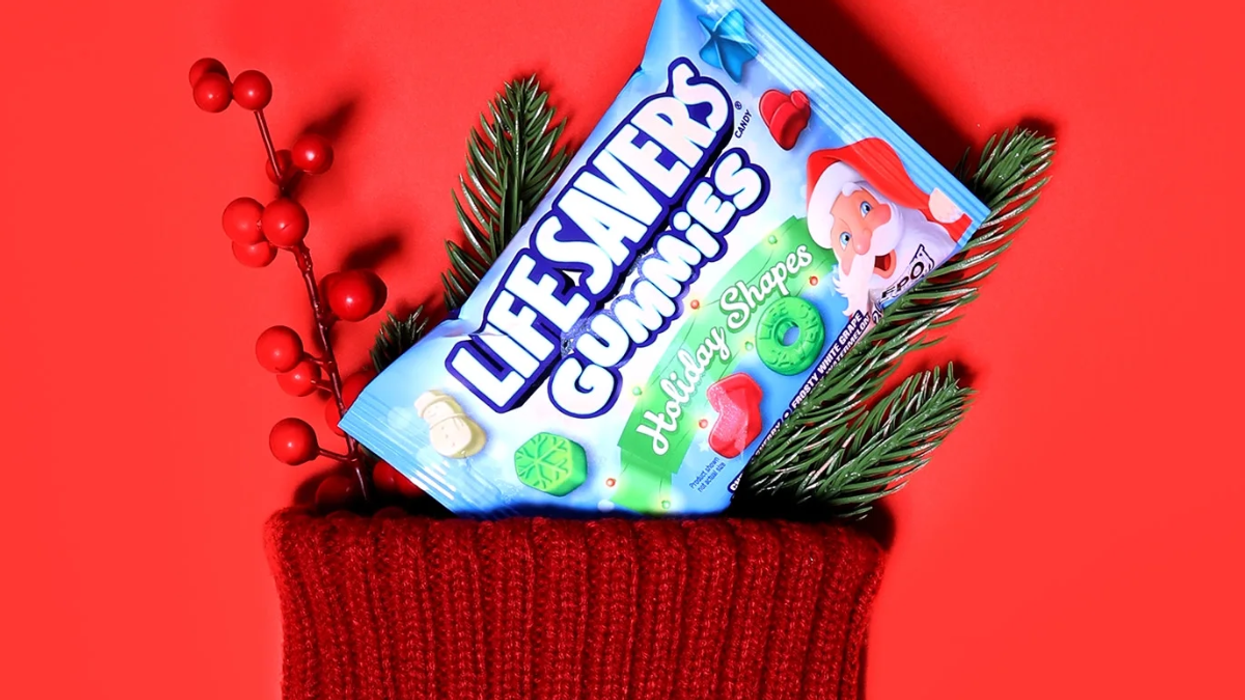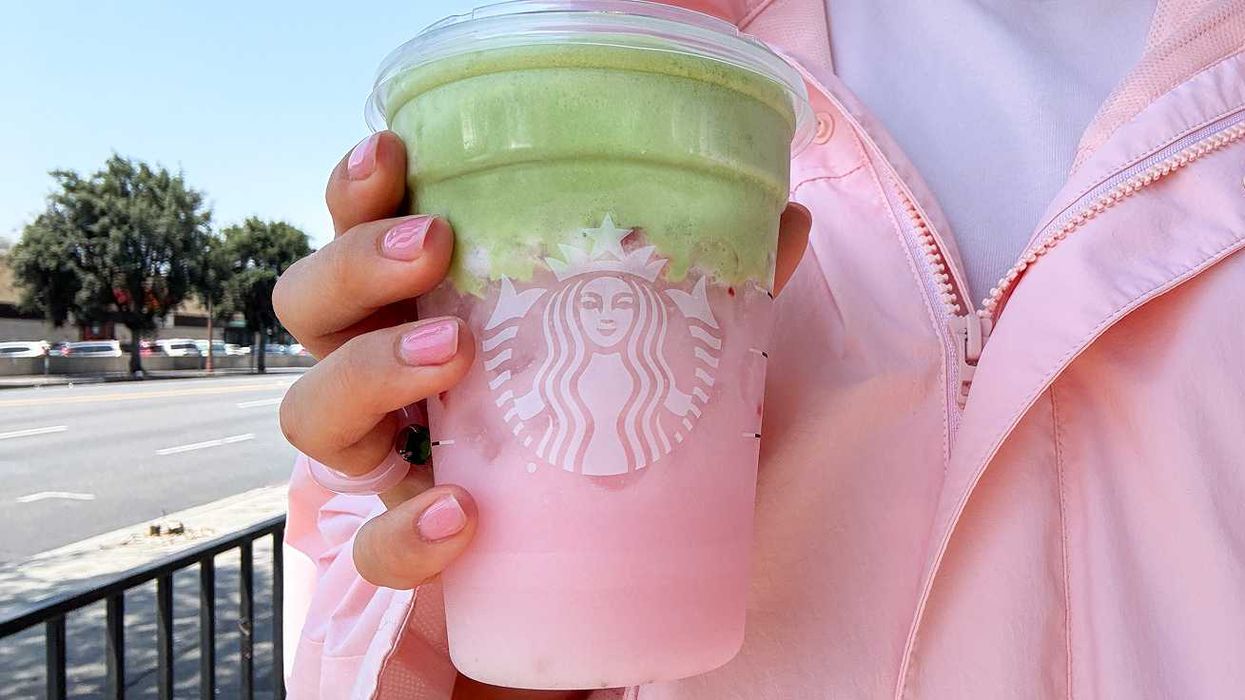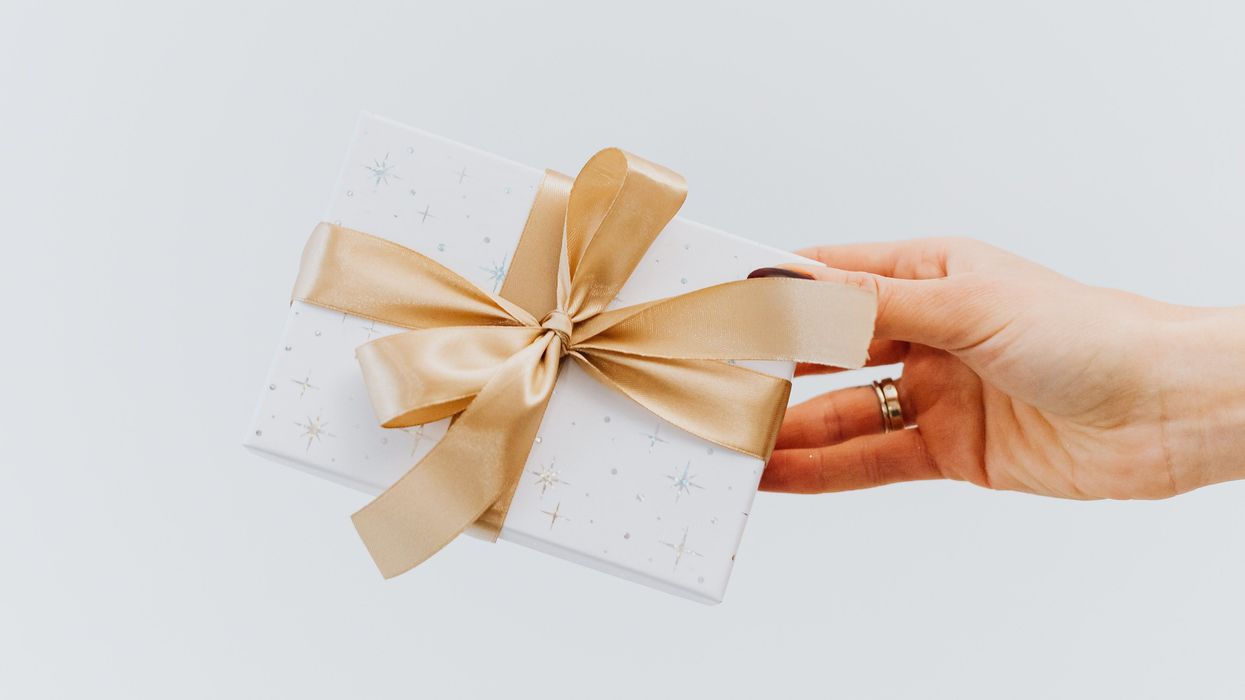Everything you need to know.
How to Use Chia, Flax, and Hemp the *Right* Way
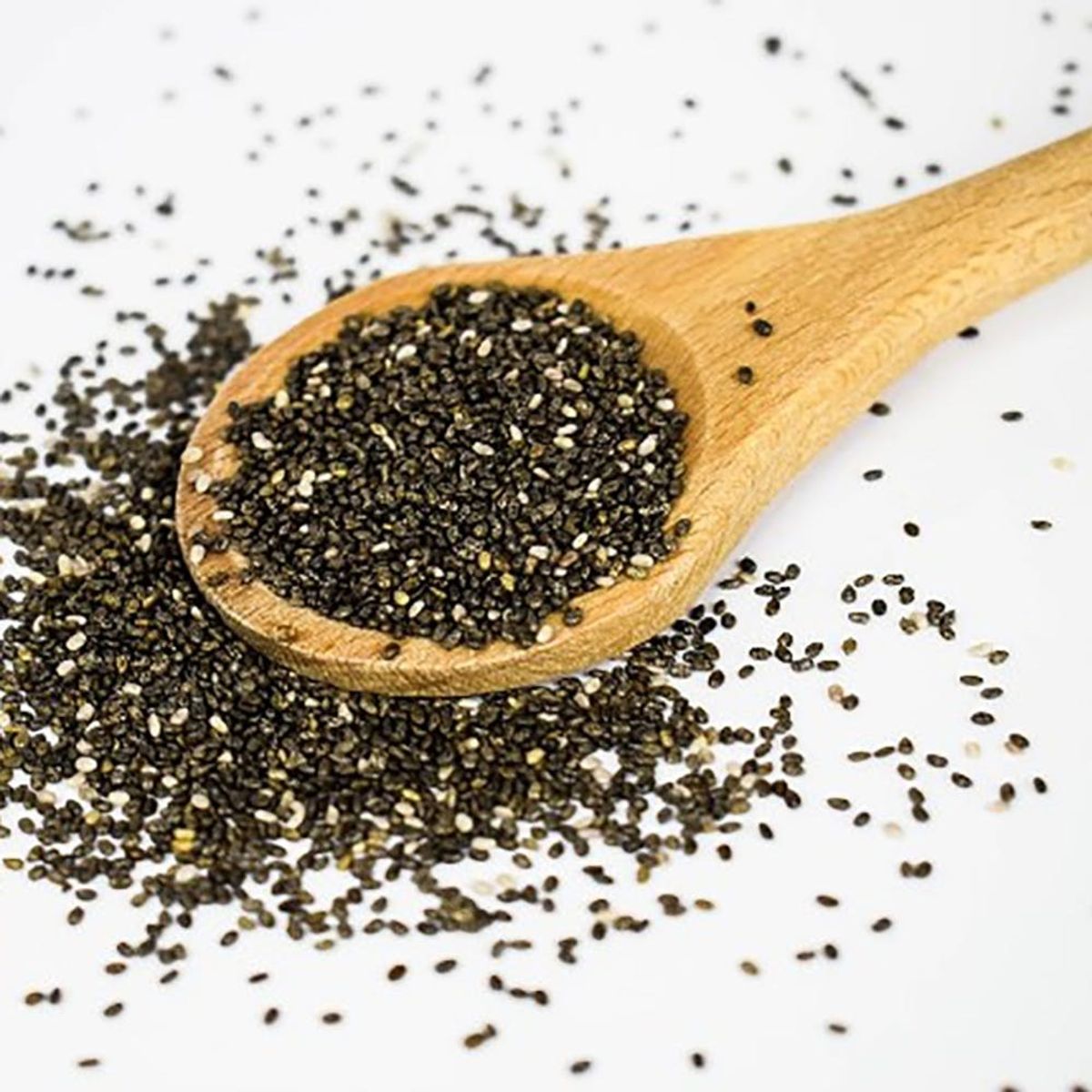

For many of us, 2017 was a doozy, but we here at Brit + Co are ready to hit refresh in 2018! Follow our Hit Refresh series through January for new ideas, hacks, and skills that will help you achieve (and maintain!) those New Year’s resolutions.
We’re huge fans of chia, flax, and hemp seeds, but you need to know how to use them correctly. All three of these super seeds provide fiber, protein, and a plant-based source of omega-3 fatty acids, though they require unique storage and preparation. Here’s how to use chia, flax, and hemp the right way to maximize taste and nutrition (and avoid wasting money).
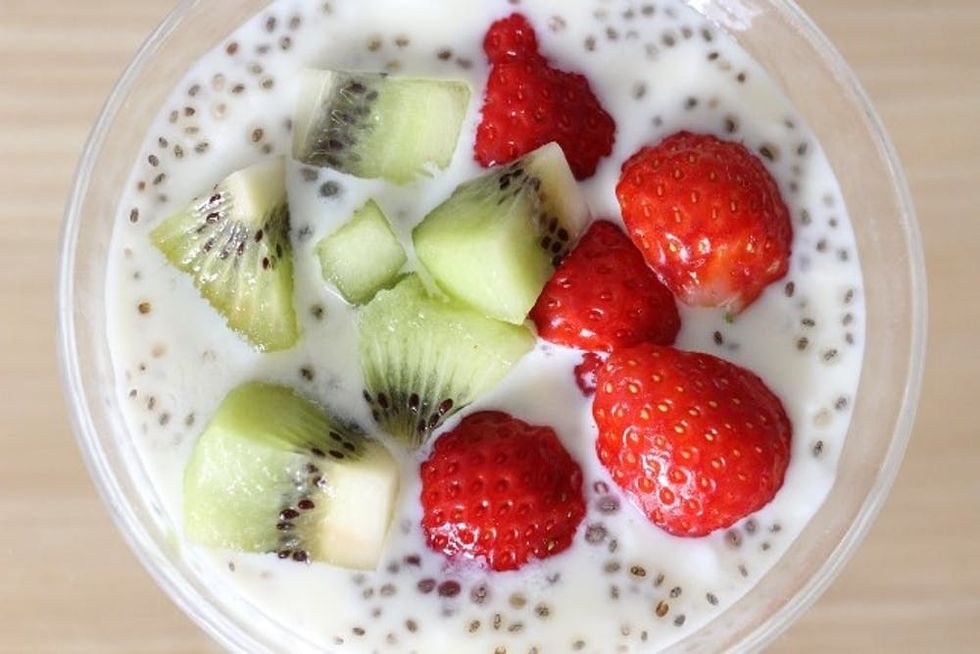
How to Store Your Seeds
While you might not have considered the expiration date on your chia seeds or hemp hearts, they can — and will — go bad if not stored properly or used soon enough. If you’ve ever opened a bag of nuts or seeds and caught a whiff of plastic, you know the telltale scent of rancid fats. (Fats and oils that have gone “off” smell a little like off-brand modeling clay. Sounds weird, but you’ll recognize the scent when you encounter it!)
Since flax, chia, and hemp are all somewhat high in fat, refrigerate all but what you’ll eat in a week or two in a sealed plastic bag or jar with a tight-fitting lid to keep them fresh. Check the sell-by date on your package (most will last up to two years). If you’re approaching that date and still have plenty left, freeze your seeds to extend their life by another six months or so.
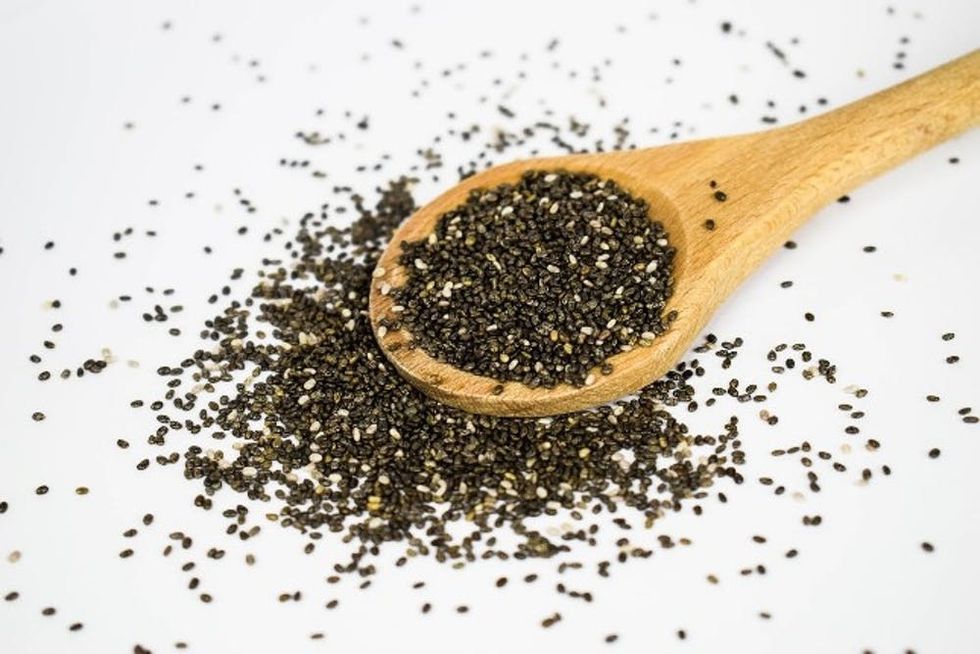
Chia
Chia seeds have the unique ability to absorb up to 27 times their weight in water, which makes them the perfect basis for puddings and thickener for smoothies and jam. That’s also why they’re sometimes used as a vegan egg swap. But lately we’ve seen chia seeds used as garnish on top of smoothie bowls. Sure, that sprinkle of chia looks lovely, but it might not feel so lovely in your belly. Here’s why.
Why You Need to Soak Chia
Think about it: A tablespoon of chia weighs 12 grams, and it can take in up to 27 times that much water, or as much as 324 milliliters (nearly 11 fluid ounces)! If the chia doesn’t soak up water before you eat it, it’ll soak it up in your digestive tract, which could lead to some discomfort. Not to mention, dry chia seeds can get stuck in your teeth.
A good rule of thumb with chia is to use one tablespoon seeds to three tablespoons water for an egg replacement. For a slightly thick drink, stir in one tablespoon of seeds per cup of juice, stirring often. And for chia pudding, whisk in one tablespoon per ¼ to ½ cup of milk.
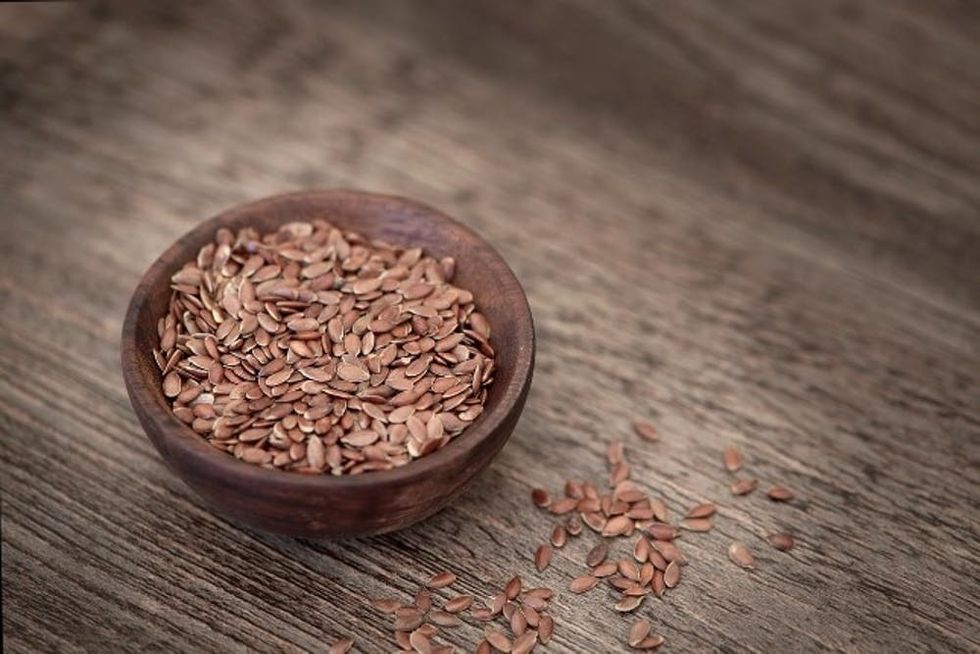
Flax
While flax seeds don’t have water-absorbing super powers like chia does, these little seeds do contain plenty of soluble fiber, which when combined with water gets sticky and thick. Flax seeds have their own little trick: They must be ground for our bodies to access their nutrition.
Why You Need to Grind Flax
When we eat whole flax seeds, we only get a small portion of their fiber content, and the rest of their goodness is locked inside. When you see whole flax seeds on breads and crackers, know that they’re just a garnish. You can buy ground flax seeds or grind them yourself in a blender or clean coffee grinder. Ground flax is fluffy and mildly nutty, and it can be mixed with granola, added to oatmeal, or stirred into smoothies.
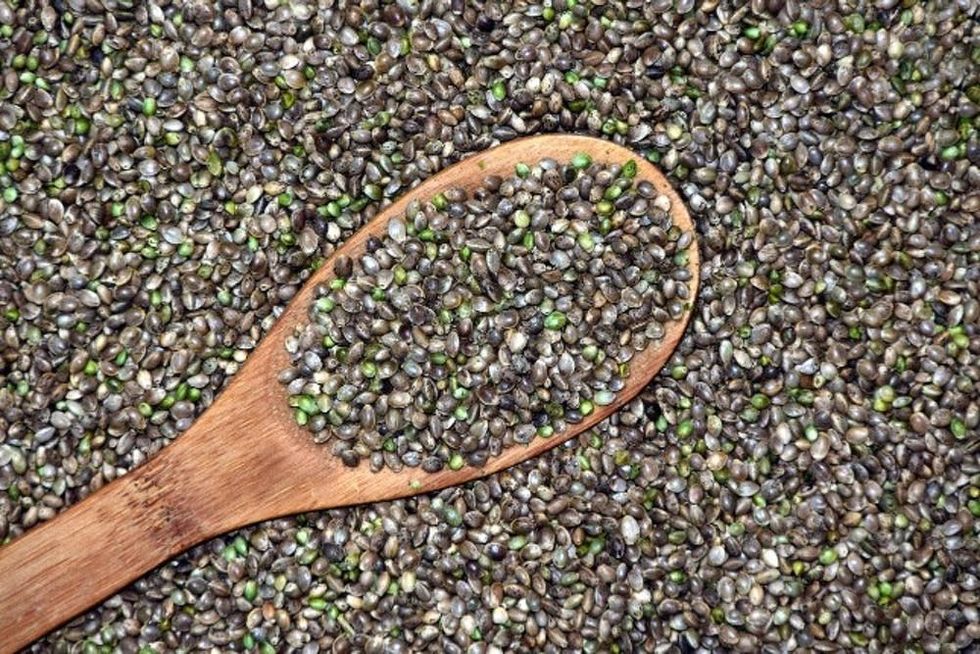
Hemp
Hemp, compared to chia and flax, offers the most protein and omega fats, but it functions differently when you cook with it. Hemp does contain fiber, but it doesn’t thicken or get sticky like chia and flax. There’s no real trick to cooking with or prepping hemp seeds — other than knowing what to buy.
Hemp Seeds vs. Hemp Hearts
Hemp “hearts” are shelled hemp seeds, and these are white with green and black specks. Hemp hearts have had the outer shell removed to make them more palatable, and this is what you usually find at the supermarket. Hemp seeds (above) have not been shelled, and they are dark green in color and slightly bitter.
If you’re making homemade hemp milk, you’ll want to choose hemp hearts. Hemp hearts are also wonderful sprinkled on yogurt or blended into a smoothie. However, you can use whole hemp seeds on salads, as a crunchy topping for avocado toast, or in your morning oatmeal. (You may want to coarsely grind whole hemp seeds to make them easier to digest.)
Want more recipe inspiration? Follow us on Pinterest!
(Photos via ximatsuking, ValeriaJa, Pezibear, ulleo / Pixabay)




